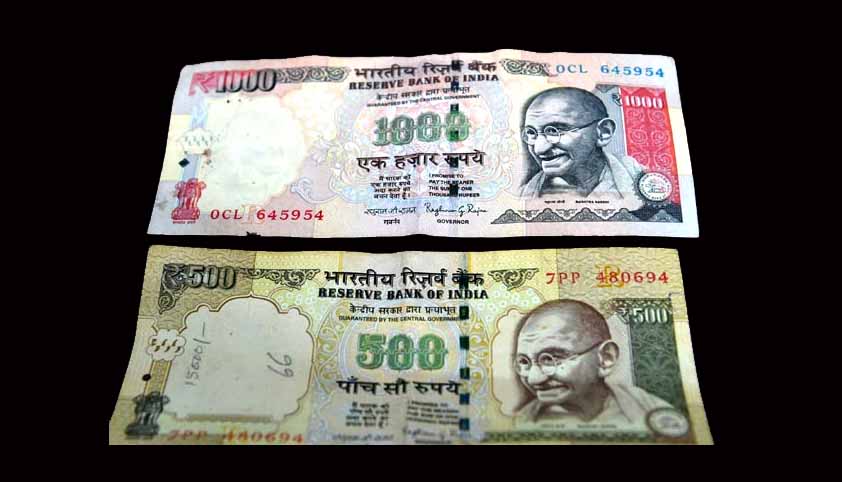- Home
- /
- Top Stories
- /
- #Demonetisation: CPI (M) Moves...
#Demonetisation: CPI (M) Moves Supreme Court
LIVELAW NEWS NETWORK
23 Nov 2016 12:18 PM IST
The CPM filed a writ petition in the Supreme Court on Wednesday seeking a direction to the government to allow people use old currency notes till December 30th, 2016, the last date for depositing demonetised notes, or until adequate supply of new currency notes, whichever is earlier.The petition moved by party general secretary Sitaram Yechury also sought an order to the government to place...
Next Story



